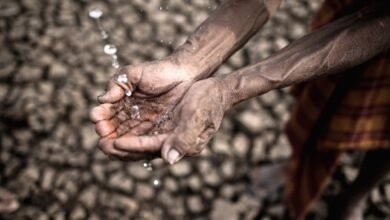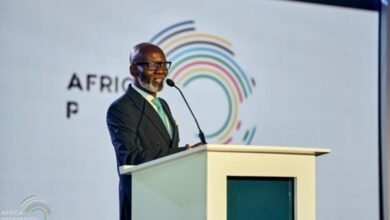Cart’Afrik : African researchers can close malaria knowledge gaps in the next decade
Malaria’s history dates back more than 1,000 years, but knowledge gaps still exist that African researchers can help close within the next decade, according to Philip Welkhoff, director of the malaria programme at the Bill & Melinda Gates Foundation.
By Paul Adepoju*
In the 20th century alone, malaria claimed up to 300 million lives and accounted for up to 5% of all deaths, yet 40% of the world’s population still lives in areas where malaria is transmitted. While malaria control continues to benefit from advancement in science, including improvements in healthcare and vector control, annual cases of malaria continue to be in the hundreds of millions.
According to WHO’s latest world malaria report, there were an estimated 241 million malaria cases and 627,000 malaria deaths worldwide in 2020, representing nearly 14 million more cases in 2020 compared to 2019, and 69,000 more deaths.
In June 2022 at the Kigali Summit, a series of pledges were made to accelerate progress against malaria and neglected tropical diseases. Commitments of more than US$4 billion were made, including funding from governments, international organisations, philanthropists, and private sector support.
“African governments and their partners need to intensify their efforts so that we do not lose even more ground to this preventable disease,” Matshidiso Moeti, WHO Regional Director for Africa says.
Closing existing gaps
In spite of the science-driven advancements in malaria control such as treatments, insecticide-treated bed nets, and, recently, malaria vaccines, Welkhoff argued there are still knowledge gaps and closing them would be highly crucial to the achievement of ending malaria by 2030.
There is a great need to expand the body of knowledge regarding the immune response to malaria. According to Welkhoff, identifying what drives the immune response to malaria, and what needs to be done to make even better vaccines will be crucial. He said that there are some gaps in terms of understanding what is needed from the immune system and how that can be driven by a vaccine.
“The current vaccine, a remarkable technical accomplishment, is only partially effective and the effect goes away after a period of time. We need to learn more about how the immune system can be more effectively stimulated to more efficiently protect against malaria infection,” Welkhoff told Nature Africa.
Moreover, there are also some real unknowns around the mosquito responses. Welkhoff noted that there is a knowledge gap regarding mosquito species — how they are responding to the interventions and how the shift in eating behaviors among mosquitoes is changing local transmission patterns.
He however expressed optimism regarding the current trends of malaria research, especially those that are driven and led by African scientists. “And so I think these knowledge gaps will be closing over the course of the next five to 10 years. And that’s exciting,” he said.
*Source Nature Africa






